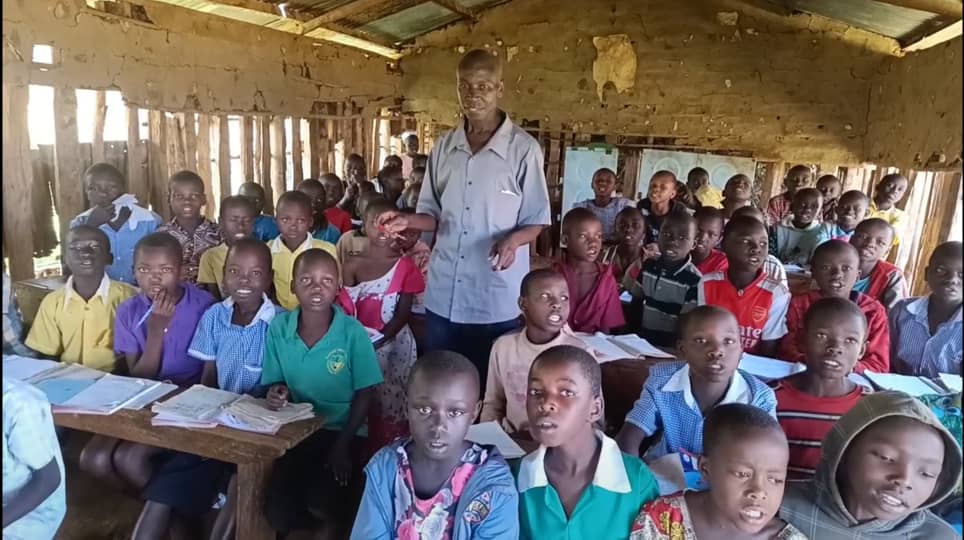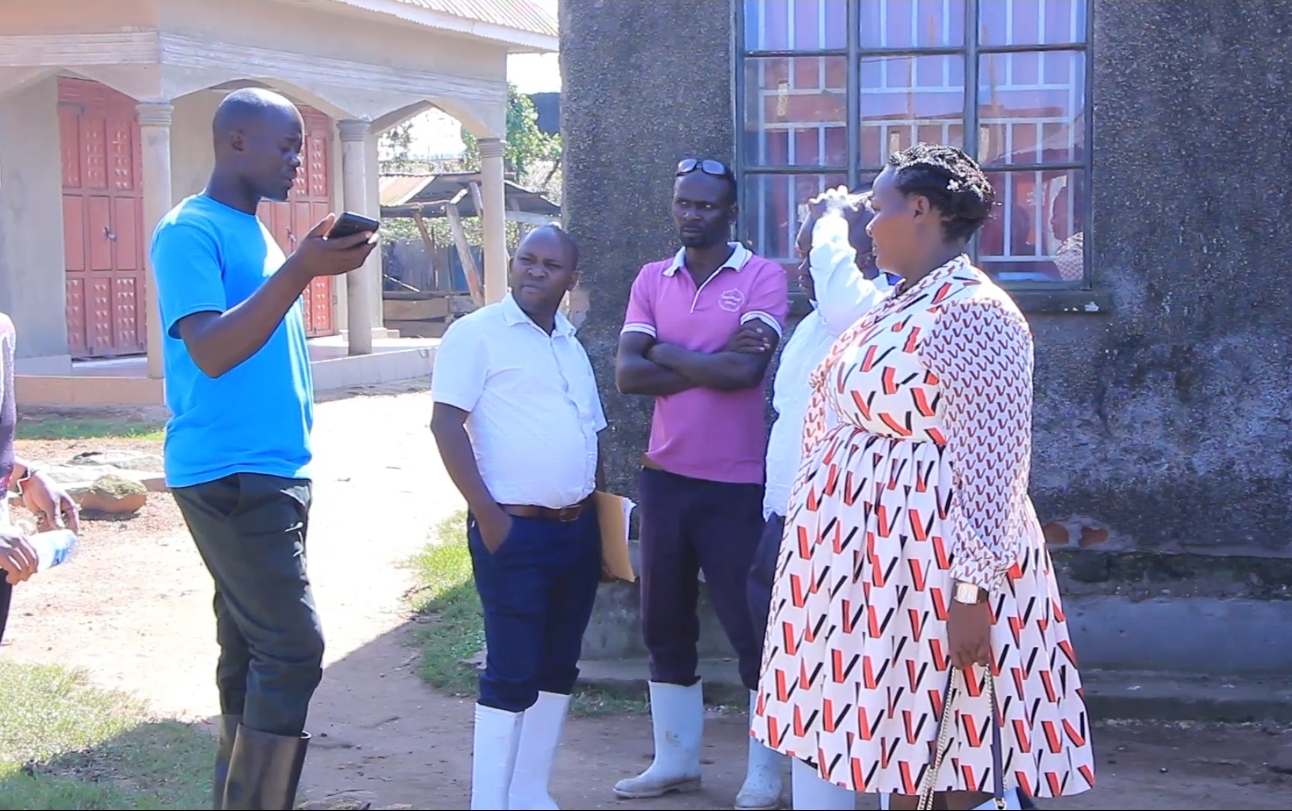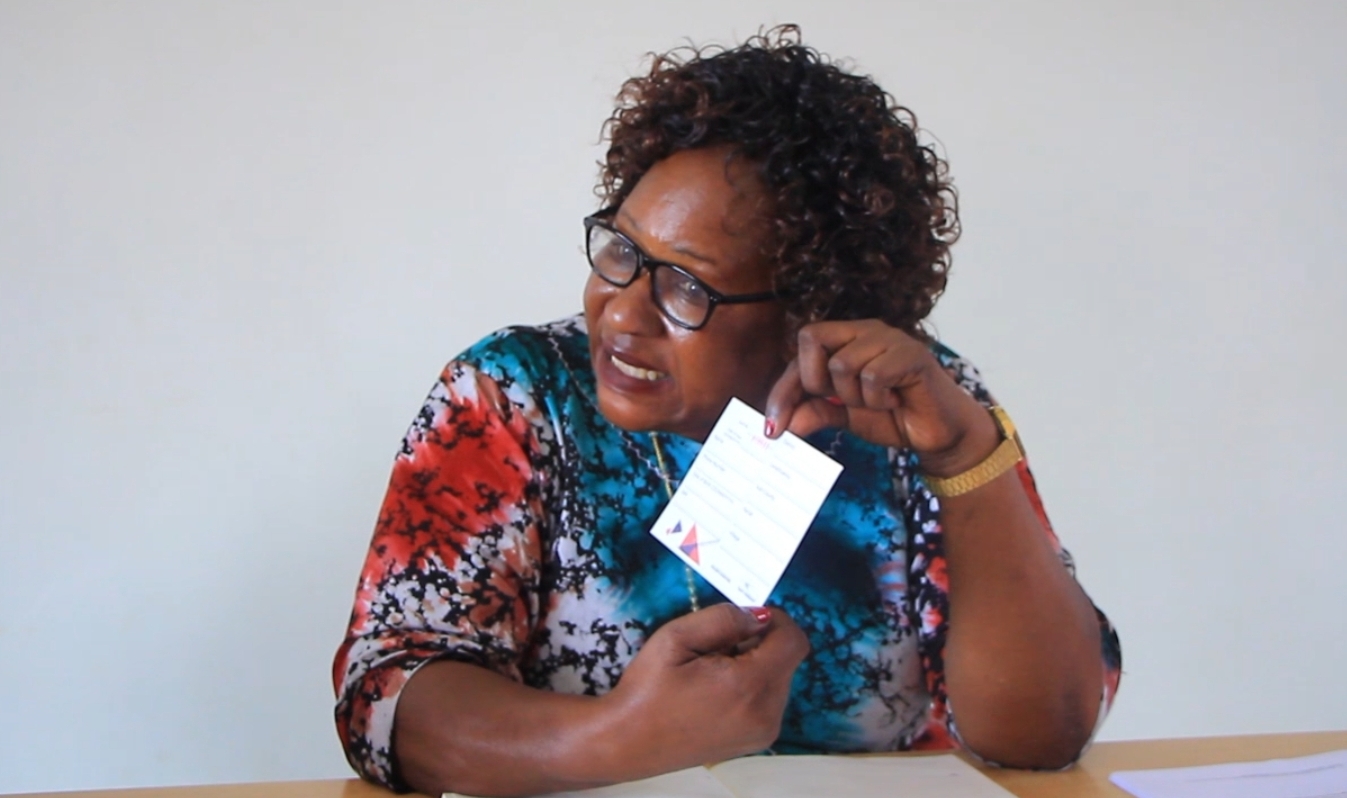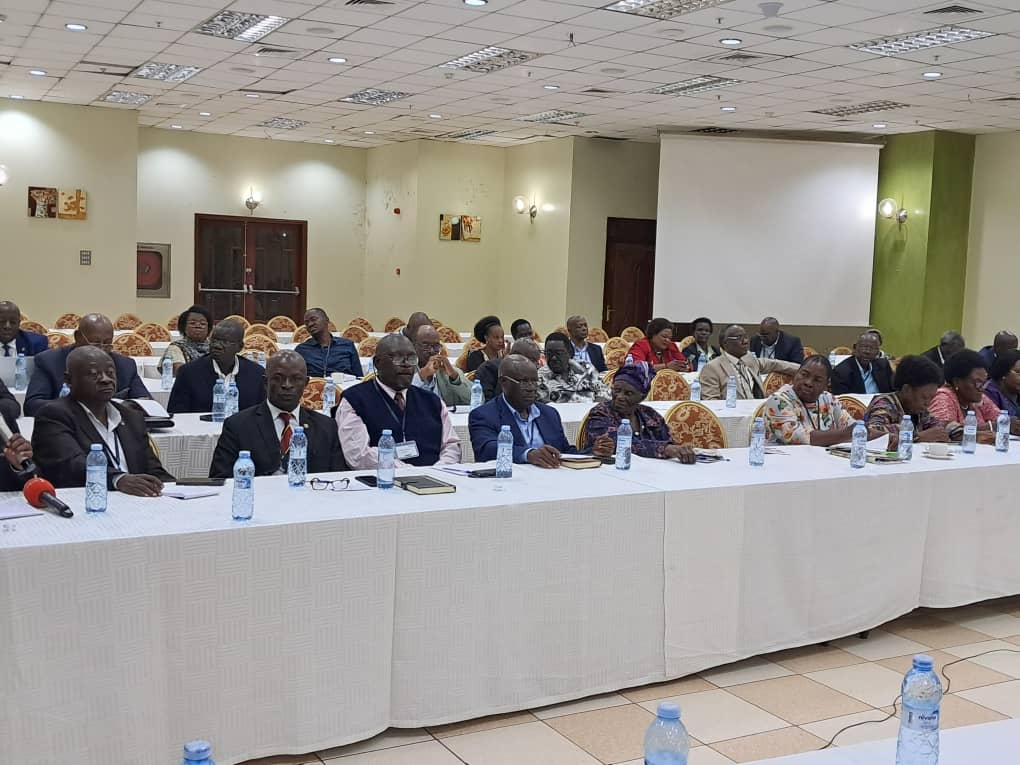Govt moots compulsory UPE, punishment for non-compliance

If the proposal goes ahead as planned, any parent found with a child who is not in school will be punished.
The government is planning to make the Universal Primary Education compulsory starting next financial year.
If the proposal goes ahead as planned, any parent found with a child who is not in school will be punished.
Government has added more funds in the program to see every child of the school going age in school.
The government has pledged to do everything possible to ensure that this is implemented, but teachers under the Uganda National Teachers’ Union (UNATU) teachers say that the government has a lot to do to bear fruit, including preparing for the expected influx of leaners.
When government introduced the Universal Primary Education system in 1997, many enthusiastically supported it, but as it turned out, some left it and decided to pay for their children due to the weakness of the system, while others refused to take their children to school for various reasons.
In areas like Karamoja, some parents decide to send their children to graze during school hours, and you find that many are illiterate and children end up on streets as beggars.
Now government is moving to make UPE compulsory and parents will be penalised for failing to have their children in school. Leaders in Karamoja have expressed support for the implementation of compulsory UPE as a means to promote inclusive education and address longstanding challenges.
However, the concept of compulsory education faces challenges from parents who prioritize livestock herding over formal schooling for their children.
The region also faces a shortage of schools, with some schools using classrooms for both studying during the day and sleeping at night.
Statistics reveal that over 60 percent of children initially enrolled in Primary One in Karamoja drop out of school before completing Primary Seven as they face various challenges with leaders now calling on the government to do more in Karamoja to ensure enrollment and retention.
Despite the push for free compulsory Primary Education, leaders say many parents still cannot afford scholastic materials, which is a requirement by the UPE schools.
"Learners move long distances to access education, government should work on this by constructing more schools, to make education easily accessible,’’ says Joseph Lobot, the Amudat District chairman.
The region also faces a shortage of schools, with some schools using classrooms for both studying during the day and sleeping at night. The challenge of long distances between home and school also discourages enrolment and attendance.
Regional education officers have called on the government to allocate more funding to UPE programs to ensure their success.
UNATU general secretary Filbert Baguma says government should first eliminate automatic promotion, increase salaries, build more classrooms, and rehabilitate all schools in a sorry state to address the influx that is expected next year.
The government should do more research and find out what exactly is causing learners to drop out of schools before they even reach primary seven and find a solution," says Baguma.
Minister for Higher Education John Chrysostom Muyingo says government has added Shs309 billion to the budget for UPE and this money will be used to address the needs in schools like renovation of classrooms, and construction of new buildings among others.
‘‘We are currently planning on how to enforce the compulsory UPE, and this him will best be done at district level as parents who prove adamant could end up in jail,’’ says Muyingo.
Although the program will start with primary school, Muyingo says it will move to the secondary level.
Although the system started 27 years ago, government says there are still gaps since completion rate is still poor.













